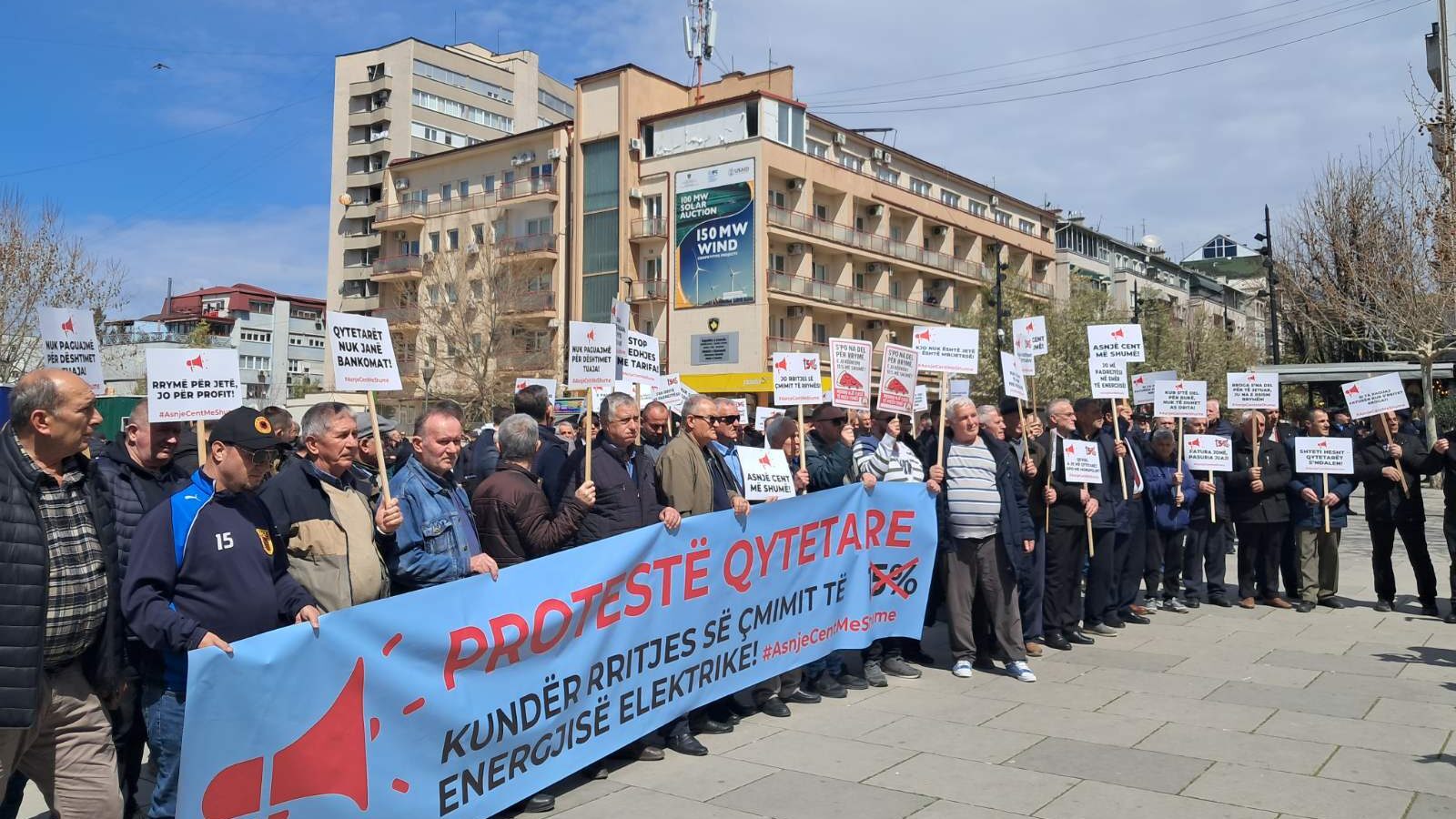
Kosovo Business Owners Rally Against Energy Market Reforms Amid Rising Electricity Costs
Kosovoian business owners objected to power market reforms that would have tripled their June 1 electricity costs.
On Thursday, hundreds of entrepreneurs staged a dramatic protest against a new regulatory requirement that may quadruple their electricity rates by blocking important routes that lead into Pristina, the capital of Kosovo.
Concerns about a government-backed energy market change that companies say could ruin their operations are reflected in the demonstration.
In March, the Energy Regulatory Office declared that businesses with more than 50 workers or a yearly revenue of more than 10 million euros would no longer be eligible for government electricity subsidies as of June 1. Kosovo has had some of the lowest electricity costs in Europe for a long time thanks to these subsidies. Affected businesses are now forced to purchase electricity on the open market, where costs are much higher.
According to authorities, the action is a prerequisite for market liberalization, which is a requirement for Kosovo’s EU membership application. Without enough time to prepare, company owners claim the shift will negatively impact their bottom lines.
Some key routes in Pristina were blocked by uniformed workers, small trucks, and lorries as part of the protest, which brought the city to a complete halt. Although a sizable police presence kept an eye on the demonstration to protect the people, tensions persisted.
One of the protesters, Shaqir Palushi, who owns the beverage company Frutex, stated that the new regulations are expected to increase his yearly electricity price to 1.3 million euros, which is almost three times what he currently pays.
Palushi stated, “We are not opposed to going out into the open market.” “We only want to invest in solar panels and battery storage for a year so that we can self-produce a significant portion of the power for our own needs.”
Two outdated coal-fired power plants provide more than 90% of the electricity in Kosovo, one of the poorest countries in Europe. However, the government must rely largely on imports to fill the shortfall because these facilities cannot satisfy national demand. The state purchased electricity on the open market for 114 million euros in 2024 alone.
Calls to postpone the policy have been denied by Prime Minister Albin Kurti, whose party did not win a majority in the February parliamentary elections. Kurti defended the proposal during a government session on Thursday before to the protests.
He claimed that granting them request for extra time will just result in the shift of energy expenses from 1,200 companies to your family bills, not fix the issue.
In December 2022, Kosovo formally filed to join the EU, and government representatives have reaffirmed that in order to comply with EU regulations, measures such as liberalization of the energy market are necessary.
However, the government may soon have to strike a balance between the objectives of European integration and the economic reality of local sectors, as employers warn of job losses and operational dangers.
All Categories
Recent Posts
Tags
+13162306000
zoneyetu@yahoo.com



